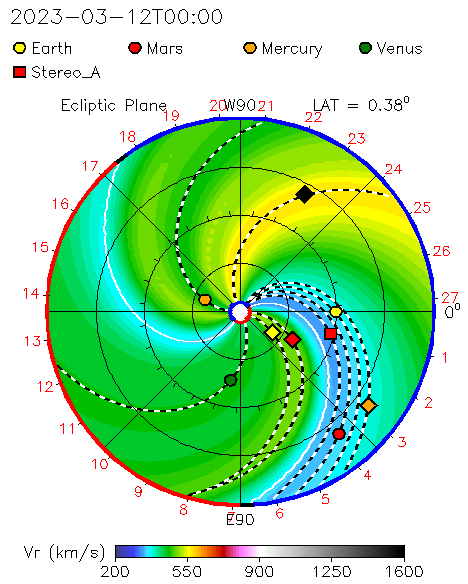
A UN report https://youtu.be/PylVfQ725Zg says the earth has a warming increase of 2.7 degrees Fahrenheit over pre-industrial times.
The Associated Press Stylebook new 20 entries related to climate change. At a time when many newsrooms — including the AP — are investing in climate coverage, the Stylebook is expanding its guidance to include the terms carbon dioxide, desertification, fossil fuels and greenwashing.
Telling journalists to be specific in their reporting. They should describe which gas is being emitted when discussing polluting activities, for example, and avoid using the term weather event when referencing a certain flood, hurricane, landslide, etc. Journalists should also specify which goals they are referring to when they write about how a policy will affect climate goals.
An entry on carbon footprint notes that companies claiming that they have reduced emissions should be able to provide year-to-year comparisons. Reporters should be skeptical of unsubstantiated claims.
It may not sound like much, but it is a level that will begin to bring catastrophic change. The scientists said that to stay under that warming threshold agreed upon in the Paris climate agreement as a limit not to be exceeded, the world's nations must cut 60 percent of their greenhouse gas emissions by 2035.
For anyone who thinks human beings will summon the political will to achieve that goal in just 12 years, you may also believe in Santa Claus and Dragons.
Our weather, climate, and water cycle know no boundaries. International cooperation is essential to contending with our changing climate. World Meteorological Day (23 March) is a reminder of it. This year, the observance day also marks WMO’s 150th anniversary. Throughout this time, meteorological services have worked around the clock to collect and standardize data that underpin the weather forecasts we now take for granted. The history of WMO is a remarkable story of scientific vision, technological development, and a unique cooperation system to serve society.
"Humanity is on thin ice — and that ice is melting fast," United Nations Secretary-General Antonio Guterres said in a speech on Monday after the findings were revealed. "Our world needs climate action on all fronts — everything, everywhere, all at once."
The UN topper says it's time to end new fossil fuel exploration and for rich countries to quit coal, oil, and gas by 2040.
Guterres warns of 'catastrophic' consequences of a world without glaciers https://news.un.org/en/story/2023/03/1134927